Sima Bina, the "grand lady of Iranian folk music,” wears pleated skirts and paisley vests, throws a small lace shawl over her hair and sings folk songs in local dialects. Iranian men, women and children alike hum these songs, which both entertain and sadden.
Bina performs at concerts all over the world. Her sweet voice, accompanied by traditional musical instruments, could charm any audience. During a performance, she stands next to a nearly-all female band dressed in traditional costume playing traditional musical instruments such as the tar, the kamancheh, the setar, the qanun and the santur.
Sima Bina was born in 1945 in Birjand in the northeastern province of Khorasan. She came to know music and poetry through her father Ahmad Bina, who was also a singer and a master of classical Iranian music. He even wrote the lyrics to her early songs.
She was just nine years old when her singing career began on a children’s program on national radio. Her early success did not prevent her from continuing to pursue her musical education and she was taught by some of the finest Iranian musicians. After finishing high school, she enrolled at the Tehran University’s School of Fine Arts to study painting. “I am as much in love with painting as I am with music,” she said in an interview with Shargh newspaper.
Bina has also designed her own clothing, both for herself and her band, and created set designs. While studying painting, she also studied under Abdollah Davami, a master of Iranian music, and set out to put together a collection of folk songs.
Her search began at her place of birth, Khorasan, where she listened to villagers singing old folk songs, wrote them down and eventually added them to her collection. This brought back to life songs that the younger generation had never heard and made them available to city-dwellers.
She then traveled to other parts of Iran, including Lorestan in the southwest, Mazandaran in the north and Kurdistan in the West, listening, taking notes and learning. Later she sang these folk songs.
Then, when women were banned from singing solo after the 1979 Islamic Revolution, Bina began giving singing and music lessons to women that became very popular.
“Women were very enthusiastic to participate in singing and music classes despite all the obstacles they faced,” Bina explained. “After the revolution, I also started doing private concerts for small all-female audiences, whilst also taking all the necessary precautions.”
“These concerts were a chance to showcase pieces of traditional folk music in settings that were prepared by women at their own homes for groups of arts students, relatives and friends," she said. "The concerts were very professional and beautiful.”
Over the past decade, she has also begun collecting Iranian folk lullabies, which she tries to promote in Iran. Islamic Republic authorities refused to grant her a permit, but she has managed to release four CDs, which included mothers singing, in Germany and in Dubai. Each CD contains a booklet with pictures and drawings of mothers and children.
“Lullaby lyrics can tell you many things,” she told German news outlet Deutsche Welle. “You can discover the culture of a region by dissecting its lullabies. You can see how women and mothers think within a specific geographic boundary. You can hear the melodies of that region’s music. You can even feel the geography of the region — whether it’s mountainous, warm, etc.—through them, [let alone] the language, the dialect and the tone.”
“I am both a woman and a mother, and that is why I set out to collect these female tunes,” Sima Bina explained.
Her son, Arash, is passionate about rock music.
Sima Bina is now 78 years old but her love of classical Iranian music and folk songs remains as strong as ever. She now alternately lives in Cologne, Germany, and Tehran.
visit the accountability section
In this section of Iran Wire, you can contact the officials and launch your campaign for various problems




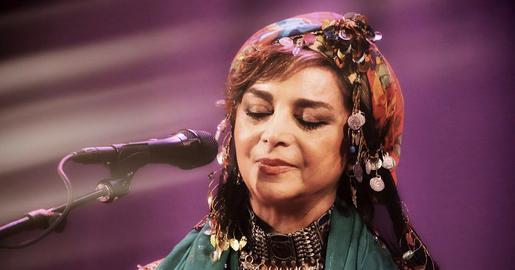
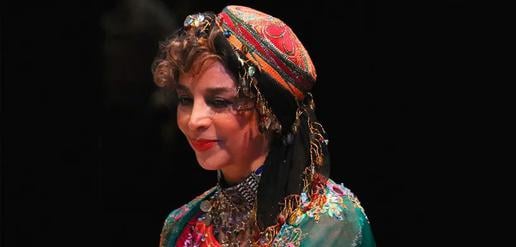





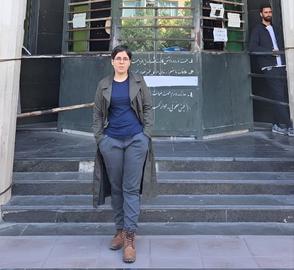
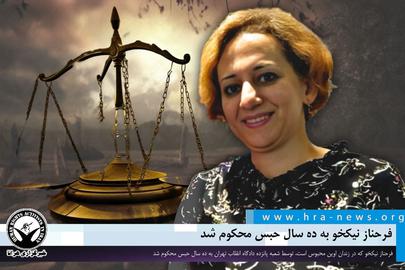







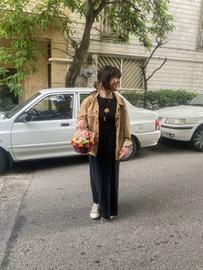
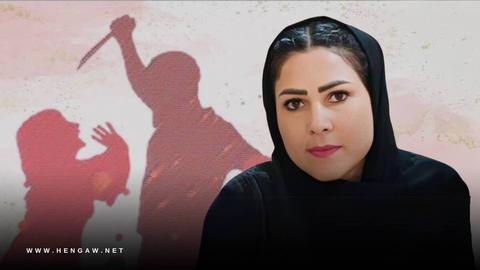




comments